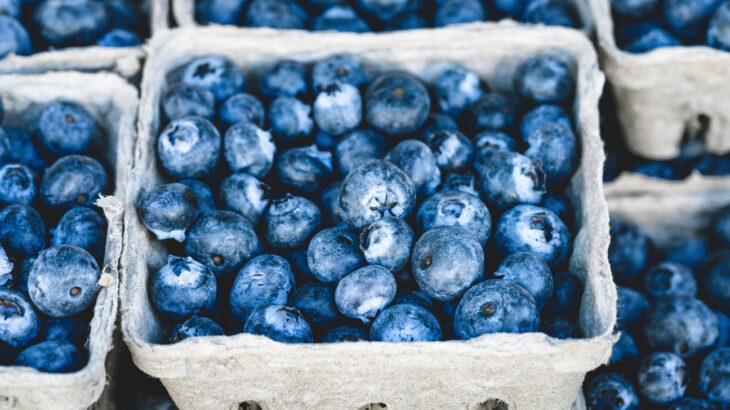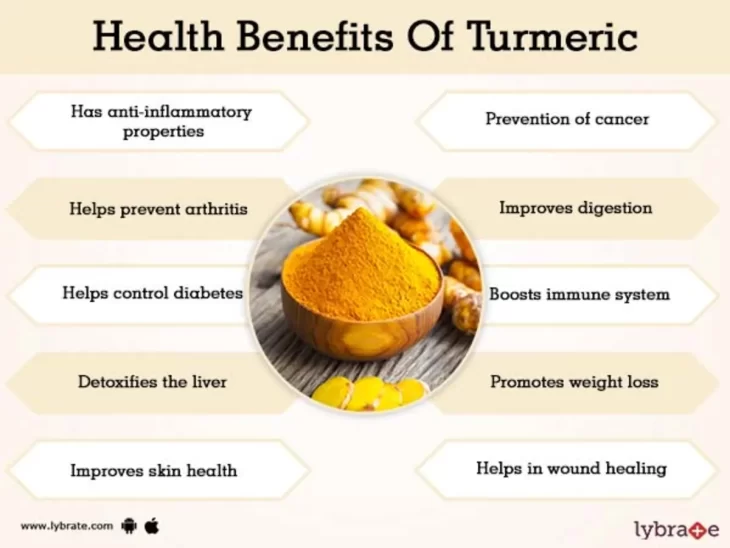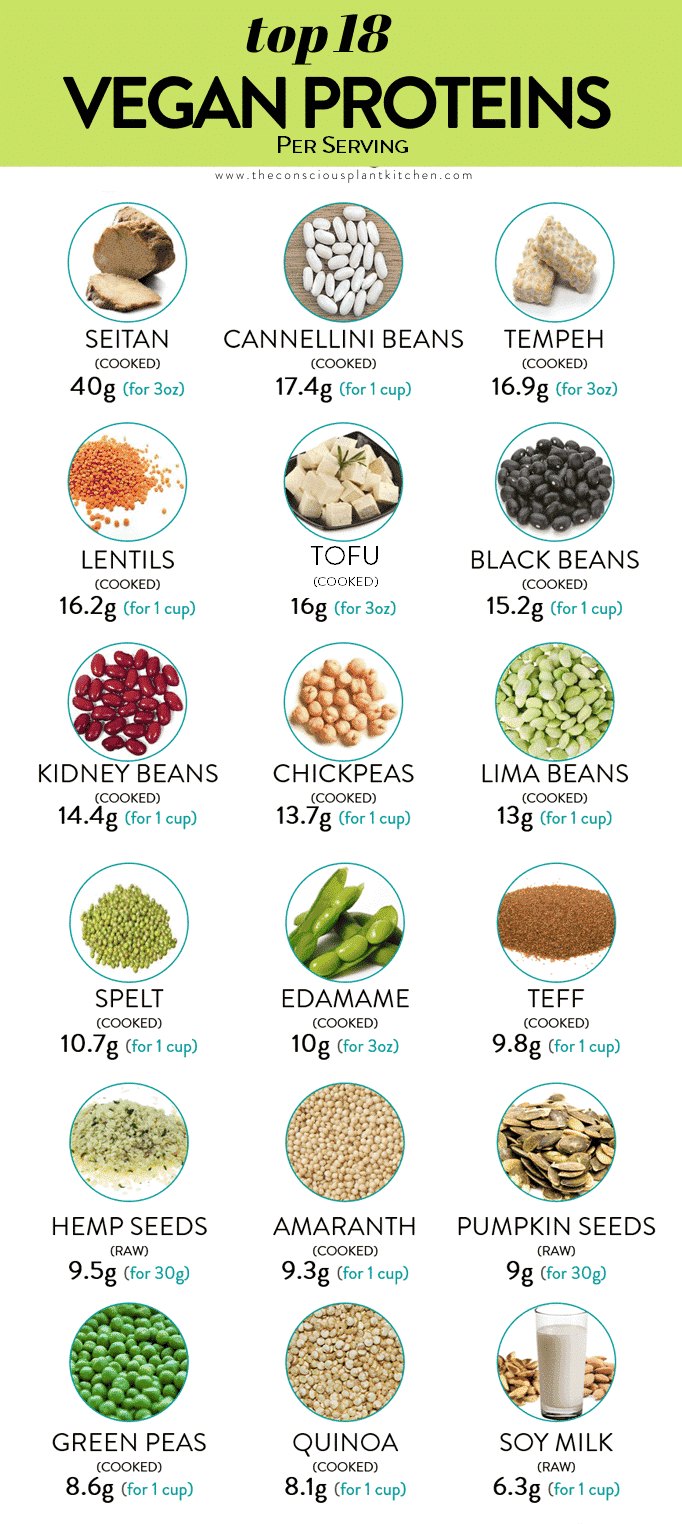Olives are a staple of Mediterranean cuisine and are enjoyed all over the world. They are a good source of healthy fats, antioxidants, and other beneficial compounds. Here are 11 health benefits and potential side effects of olives:
Health Benefits of Olives:
- Rich in antioxidants: Olives are high in antioxidants, which help protect your cells from damage caused by free radicals. These antioxidants can also help reduce inflammation in your body.
- Good source of healthy fats: Olives are high in monounsaturated and polyunsaturated fats, which can help reduce cholesterol levels and lower the risk of heart disease.
- May help prevent cancer: Some studies suggest that the antioxidants found in olives may help prevent certain types of cancer, including breast and colon cancer.
- Can aid in weight loss: Olives are low in calories and high in healthy fats, which can help you feel full and satisfied. This can help reduce your overall calorie intake and aid in weight loss.
- May improve bone health: Olives contain calcium, which is essential for strong bones. They also contain other minerals, such as magnesium and potassium, which can help improve bone density.
- May help prevent diabetes: The healthy fats found in olives can help regulate blood sugar levels and reduce the risk of developing diabetes.
- Good for brain health: Olives are high in oleic acid, which has been linked to improved brain function and reduced risk of cognitive decline.
- May reduce inflammation: The antioxidants found in olives can help reduce inflammation in your body, which is a key driver of many chronic diseases.
- May improve digestion: Olives contain fiber, which can help improve digestion and prevent constipation.
- Can improve skin health: The antioxidants and healthy fats found in olives can help improve skin health and reduce the signs of aging.
- May boost the immune system: Olives contain vitamins and minerals, such as vitamin E and zinc, which can help boost your immune system and reduce the risk of infections.
Also Read: Wellhealthorganic.com:easy-way-to-gain-weight-know-how-raisins-can-help-in-weight-gain
Side Effects of Olives:
- High sodium content: Olives are high in sodium, which can be a problem for people with high blood pressure or other health conditions that require a low-sodium diet.
- May cause digestive issues: Some people may experience digestive issues, such as bloating or diarrhea, after consuming olives.
- Allergic reactions: Some people may be allergic to olives and may experience symptoms such as itching, hives, or difficulty breathing.
- May interact with certain medications: Olives may interact with certain medications, such as blood thinners, and should be consumed in moderation if you are taking these medications.
Overall, olives are a healthy and delicious food that can provide a range of health benefits. However, as with any food, it’s important to consume them in moderation and be aware of any potential side effects.
Why use olives
Olives are a versatile and flavorful ingredient that can be used in a variety of dishes. Here are some reasons why you might want to use olives in your cooking:
- Flavor: Olives have a distinctive salty and slightly bitter flavor that can add depth and complexity to your dishes.
- Texture: Olives have a firm texture that can add a satisfying crunch to salads, sandwiches, and other dishes.
- Nutritional benefits: Olives are a good source of healthy fats, antioxidants, and other beneficial nutrients, making them a healthy addition to your diet.
- Versatility: Olives can be used in a variety of dishes, including salads, pasta dishes, pizzas, sandwiches, and more.
- Convenience: Olives are readily available in most grocery stores and come in a variety of forms, including canned, jarred, and fresh, making them a convenient ingredient to keep on hand.
Overall, olives are a flavorful and healthy ingredient that can add a lot to your cooking. Whether you’re looking to add flavor and texture to your dishes or take advantage of their nutritional benefits, olives are a great ingredient to incorporate into your cooking.
Why important for healthy olives
Olives are important for health because they are a good source of several important nutrients and beneficial compounds that can provide a range of health benefits. Here are some reasons why olives are important for health:
- Healthy Fats: Olives are a good source of healthy monounsaturated and polyunsaturated fats, which can help improve heart health by reducing LDL cholesterol levels and lowering the risk of heart disease.
- Antioxidants: Olives contain a variety of antioxidants, including phenolic compounds and vitamin E, which can help protect your cells from damage caused by free radicals and reduce inflammation in the body.
- Vitamins and Minerals: Olives are a good source of several important vitamins and minerals, including calcium, iron, and vitamin A, which are essential for overall health and well-being.
- Digestive Health: Olives contain fiber, which can help improve digestive health by promoting regular bowel movements and reducing constipation.
- Reduced Inflammation: The antioxidants found in olives can help reduce inflammation in the body, which is a key factor in many chronic diseases, such as heart disease, cancer, and diabetes.
- Cancer Prevention: Some studies suggest that the antioxidants found in olives may have anti-cancer properties and may help prevent the growth and spread of cancer cells.
- Brain Health: Olives contain oleic acid, a type of healthy fat that has been linked to improved brain function and reduced risk of cognitive decline.
Overall, olives are important for health because they are a good source of several beneficial nutrients and compounds that can help improve heart health, reduce inflammation, promote digestive health, and prevent chronic diseases.
Also Read: Wellhealthorganic.com/health-benefits-of-turmeric-tea
Conclusion
In Conclusion, olives are a versatile and flavorful ingredient that can add depth and complexity to a variety of dishes. They are also a good source of healthy fats, antioxidants, vitamins, and minerals, making them an important component of a healthy diet. Olives can provide a range of health benefits, including improved heart health, reduced inflammation, and cancer prevention. However, some people may experience side effects from consuming olives, and they should be stored properly to avoid spoilage. Overall, olives are a valuable addition to any diet and can contribute to overall health and well-being.
FAQ
Here are some frequently asked questions (FAQ) about olives:
Q. What are olives?
A. Olives are small fruits that grow on the olive tree. They are typically used in cooking, eaten as a snack, or used to produce olive oil.
Q. Are all olives edible?
A. No, not all olives are edible. Some varieties of olives are too bitter and need to be cured in order to become edible.
Q. How are olives cured?
A. Olives are typically cured in a brine solution, which can contain salt, water, and sometimes vinegar or other flavorings. The curing process can take several weeks to several months, depending on the type of olive and the desired flavor.
Q. What are the health benefits of olives?
A. Olives are a good source of healthy fats, antioxidants, and other beneficial nutrients, which can help improve heart health, reduce inflammation, promote digestive health, and prevent chronic diseases, such as cancer and diabetes.
Q. How can I incorporate olives into my diet?
A. Olives can be used in a variety of dishes, including salads, pasta dishes, pizzas, sandwiches, and more. They can also be eaten as a snack or used to produce olive oil.
Q. Are there any side effects of eating olives?
A. Some people may experience digestive issues, such as bloating or diarrhea, after consuming olives. Olives are also high in sodium, which can be a problem for people with high blood pressure or other health conditions that require a low-sodium diet. Some people may be allergic to olives and may experience symptoms such as itching, hives, or difficulty breathing.
Q. Can olives go bad?
A. Yes, olives can go bad if not stored properly. Fresh olives should be stored in the refrigerator and consumed within a few days. Cured olives can be stored in a cool, dark place for several months, but should be discarded if they appear moldy or have a bad odor.















You must be logged in to post a comment.